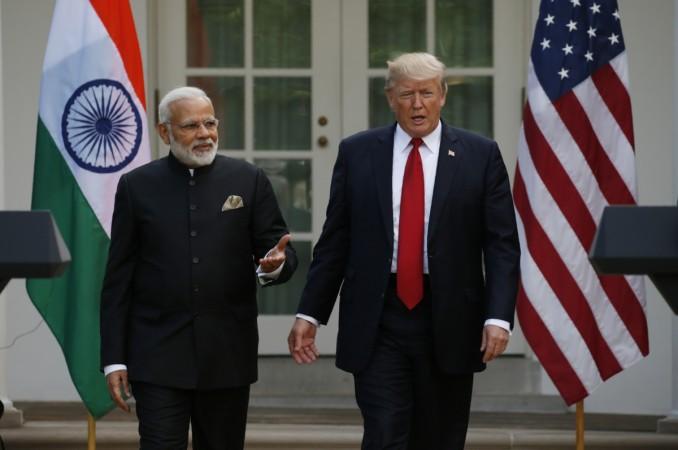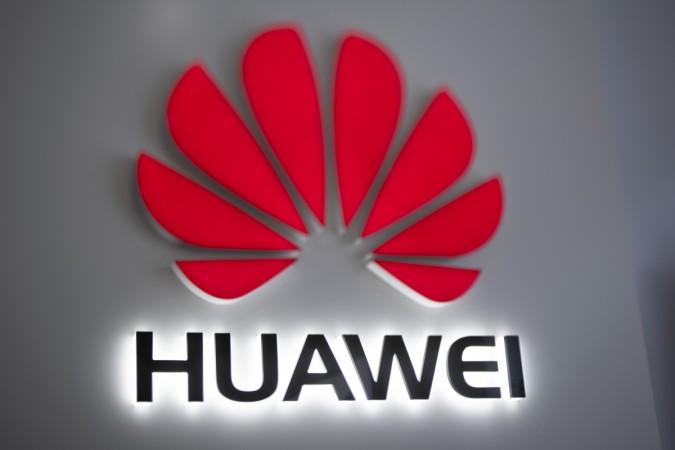
There is intense speculation in telecom circles whether Prime Minister Narendra Modi will be able to resist US President Donald Trump's pressure to keep out Chinese telecom giant Huawei from supplying 5G technology. A recent circular that the Ministry of External Affairs (MEA) under S Jaishankar issued seeking the views of all stakeholders on a US warning to companies against supplying US-origin technologies or products to Huawei is an indication of how carefully the government is handling the US-China trade wars and Huawei matter.
A former career diplomat, Jaishankar has served as India's ambassador to Washington and Beijing and is considered cued in on the ways these governments respond to similar situations. He was also foreign secretary from 2015 to 2018 when the Indian external affairs department watched the phenomenon of Trump evolve. His longest stint in a foreign mission was in Beijing from 2009 to 2013 making him aware of the way the establishment led by President Xi Jinping could respond to international pressure.
The exercise is of extreme importance in view of the announcement by Minister of Communications Ravi Shankar Prasad that 5G technology trials will begin as early as possible. Huawei holds the most number of 5G patents and is a major player on the global stage. Some officials think keeping Huawei out would affect India's technological progress. The other two players, Ericsson and Nokia, are European companies and there is some suspicion in government circles about their long-term dependability.
The MEA circular was reportedly in response to a letter from Washington warning Indian government that companies found supplying equipment or other products of American origin to Huawei or its units could face punitive action, a report on the Economic Times website said. The May 27 letter sent to MEA is seen as part of US efforts to intensify pressure on India to act against the Chinese company, the report said. The MEA sought the views of the Department of Telecom (DoT), Niti Aayog, Ministry of Electronics and Information Technology, Department of Commerce and the principal scientific adviser on the implications of US curbs on Huawei on Indian firms, the report says citing a senior government official.

The MEA wants the stakeholders to examine the information provided by the US, including the possibility of action against Indian firms that supply US-origin software and equipment to Huawei. It also wants their views on the recommendations of a recent 5G security conference at Prague and overall opinion on the matter, the official said. The recommendations of the Prague conference that took place in May and attended by telecom czars of 32 countries (China was not an invitee) had been "general" and did not single out any company.
The US communication targeted Huawei and a list of companies and entities identified as its units. These included 35 companies registered in China and their affiliates such as Huawei Sri Lanka, Huawei Pakistan and Huawei Hong Kong.
An official said the Prague summit called for a robust security framework, according to the report. "A country's communications system should be designed with resilience and security, and should have its own security policies," he said, citing the summit's recommendations. It didn't name any company or country.

















